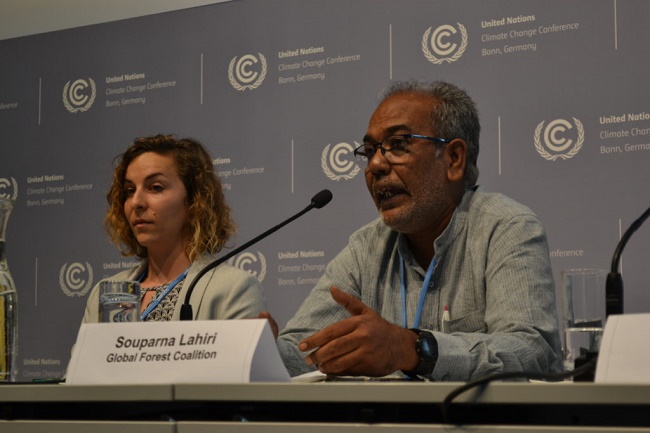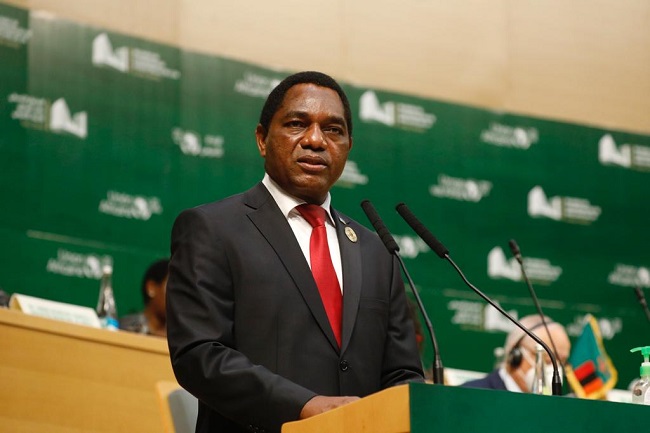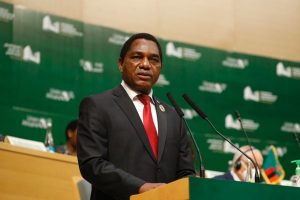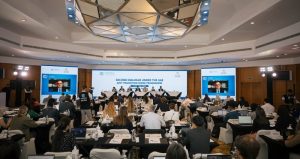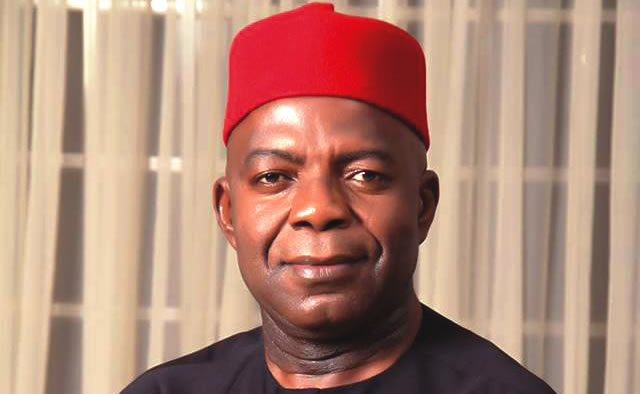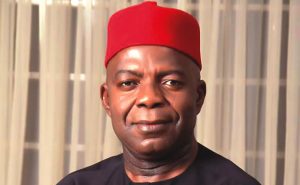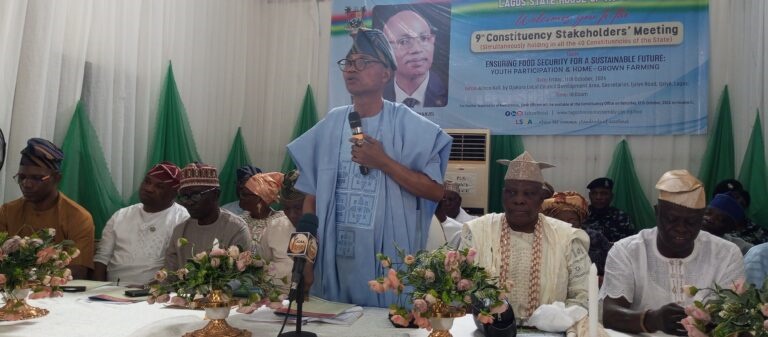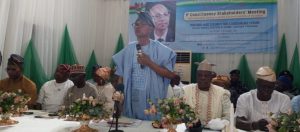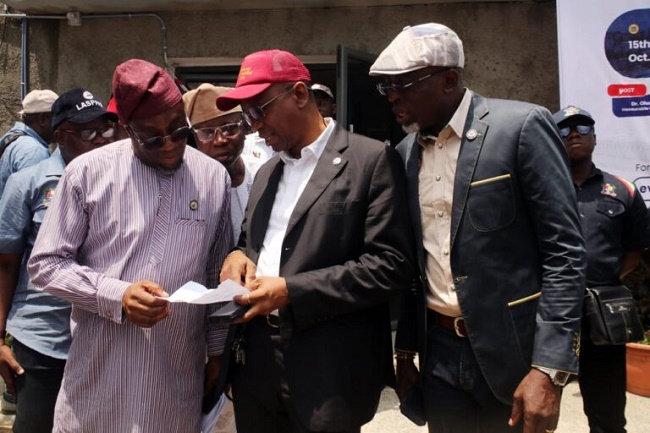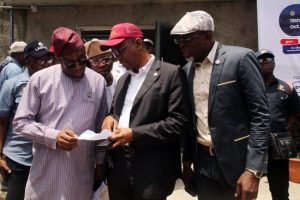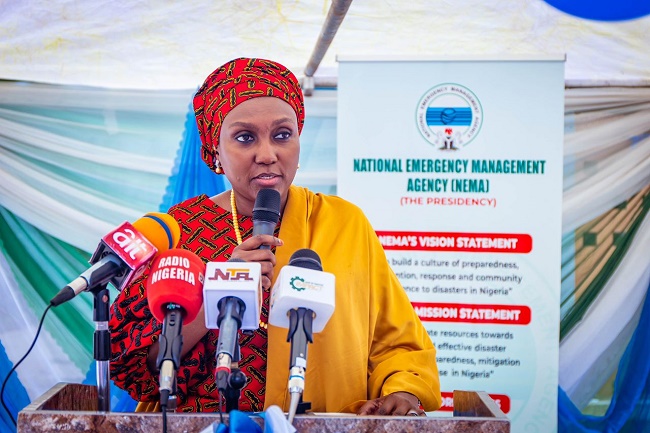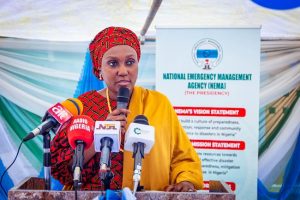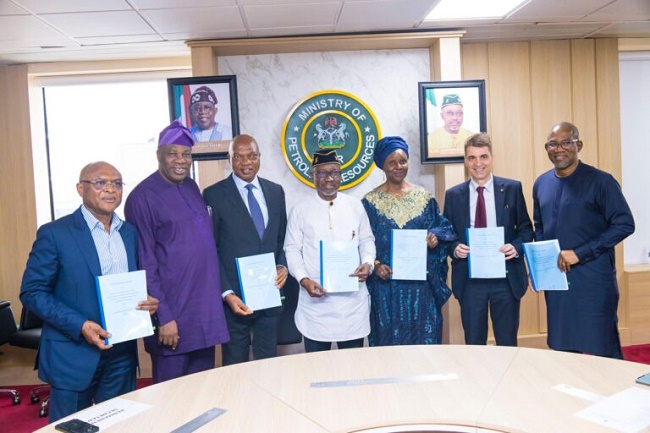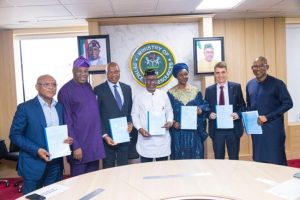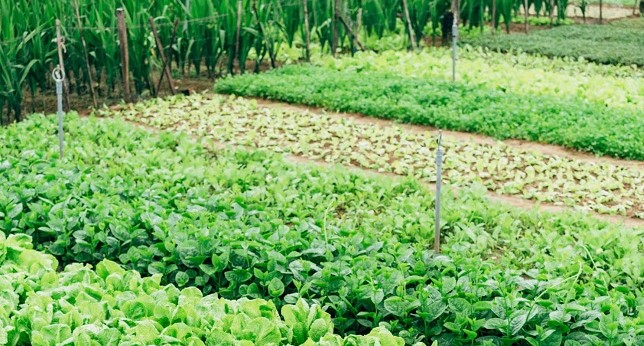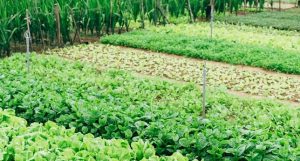Biodiversity offsets are a dangerous illusion – allowing corporations to profit while ecosystems are destroyed and communities pay the price, the Global Forest Coalition (GFC) warned in a statement on Thursday, October 10, 2024.
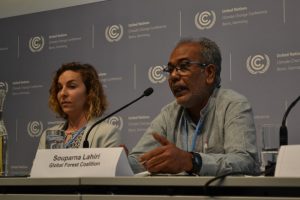
Instead of supporting this strategy, governments and financial institutions must prioritise community-led biodiversity protection and uphold the rights of Indigenous People and local communities, women in all their diversities, and Afro-descendant communities, and recognise nature’s inherent value – one that cannot be reduced to a balance sheet, GFC said.
“To halt the tide of biodiversity loss, we must reject market-based solutions and invest in real conservation efforts that put people and the planet first,” said Souparna Lahiri, GFC’s Senior Climate and Biodiversity Policy Advisor. “Offsets don’t heal the harm; they just relocate it. They pretend to restore biodiversity, but the scars they leave are permanent.”
The warning comes ahead of the sixteenth Conference of the Parties to the Convention on Biological Diversity (COP16) in Cali, Colombia, from October 21 to November 1, alongside the release of a new GFC analysis highlighting the deep flaws in biodiversity offset mechanisms.
Biodiversity offsets are said to be gaining momentum globally as a core strategy in the wake of the Kunming-Montreal Global Biodiversity Framework (KM-GBF), adopted at COP15 in December 2022. Governments, financial institutions, and transnational conservation organisations increasingly promote offsetting to counterbalance the destructive environmental impacts of industries like mining, industrial agriculture, and infrastructure. However, this approach, far from safeguarding nature, has become a tool for large corporations to greenwash destructive projects while sidelining genuine conservation efforts.
“Biodiversity and climate crises are deeply intertwined, and biodiversity offsets are repeating the same mistakes as carbon offsets – serving as a smokescreen for continued destruction and rights abuses,” said Mary Louise Malig, GFC’s Policy Director. “They’re an illusion at best and corrupt at worst, greenwashing corporate profits at the expense of our planet. There is still a chance to turn the tide, but only if we reject these flawed market-based solutions and shut out corporate lobbying driving us toward collapse.”
Biodiversity offsets, promoted as tools to achieve “no net loss” or “net gain” in biodiversity, allow corporations to destroy ecosystems in one area if they “protect” or restore another. GFC noted that these offsets enable a double land grab: one for economic exploitation, and another for alleged conservation. This mechanism disproportionately impacts the rights and livelihoods of Indigenous Peoples, women, youth, and local communities, who depend on these ecosystems for survival, according to the group.
Biodiversity offsetting is not a viable solution to halting biodiversity loss, GFC argued, adding that restoration projects often fail to replicate the complex ecosystems they replace, making the goal of “no net loss” both illusory and unattainable.
GFC disclosed that offsetting has become a loophole for the most harmful industries – such as mining, fossil fuels, industrial agriculture, and infrastructure development – to access land and capital while maintaining their social license to operate. By branding themselves as conservationists, these companies continue harmful activities unchecked.
Offsetting schemes come at a high social and cultural cost, undermining the rights of Indigenous Peoples and local communities, particularly women and youth. Forced evictions, loss of access to essential resources, and violations of fundamental rights are common outcomes, leaving communities disenfranchised and without alternatives. Meanwhile, the supposed conservation gains rarely materialise. The so-called restored habitats often fail to match the biodiversity of the original areas, and uncertainty in ecological outcomes makes these schemes ineffective, perpetuating biodiversity loss instead of mitigating it.
“Biodiversity isn’t a ledger you can balance. Offsets let corporations exploit nature, while the people who depend on it pay the true cost,” said Valentina Figuera Martínez, GFC’s Gender Justice and Forests Campaign Coordinator. “Often, it is women and girls – already facing gender injustices and restrictive access to land, money, power, and resources – who bear the brunt of these rights violations. These schemes are simply perpetuating entrenched gender inequalities that we have been fighting to overcome.”
Urgent action is needed, GFC said. Biodiversity offsetting must be rejected as a false solution and replaced with genuine strategies that respect ecological integrity and community rights. Governments must lead by creating robust regulatory frameworks and mandatory contributions, rather than relying on voluntary corporate measures that have repeatedly fallen short. This includes redirecting harmful subsidies, increasing taxes on polluters, and investing in transformative conservation practices that genuinely address the root causes of biodiversity loss.
International financial institutions and conservation groups must also halt their role in facilitating corporate lobbying that promotes offsetting. Conservation efforts should prioritise the public good, recognising nature’s intrinsic value, which cannot be replicated or replaced by market mechanisms. Real solutions to biodiversity loss include supporting agroecology, community conservation practices, and initiatives led by women, Indigenous Peoples, and local and Afro-descendant communities.
With COP 16 set to take place in Cali, parties to the Convention have a critical opportunity to realign biodiversity conservation efforts with the Convention’s three main objectives. Governments must commit to tangible biodiversity targets rather than superficial offsetting schemes. This means addressing root causes of biodiversity loss like habitat destruction, unsustainable agriculture, and industrial exploitation. All biodiversity initiatives must respect the rights of Indigenous Peoples, women, and local communities, prioritising community-led conservation models that ensure equitable benefits for all rightsholders.
To meet the COP 15 commitment to redirect at least US $500 billion annually from harmful subsidies to activities that conserve and protect nature, it is essential to dismantle subsidies that incentivize environmental destruction. Biodiversity offsetting, credits, and other market schemes must be removed from the KM-GBF agenda and replaced with community-led funding mechanisms that truly serve the public interest.
As the world prepares for COP 16, governments must seize this moment to adopt transformative approaches that uphold ecological integrity, protect community rights, and recognise the true value of nature beyond monetary metrics. Biodiversity is not a commodity to be traded – it’s the foundation of life on Earth, and global policy must reflect that reality.
“The ‘no net loss’ claim is an illusion – biodiversity offsets don’t work. They trade real ecosystems for hypothetical gains that rarely materialise,” said Souparna Lahiri. “Redirect harmful subsidies, tax the polluters, and support communities on the frontlines of conservation. That’s what true biodiversity finance looks like.”

